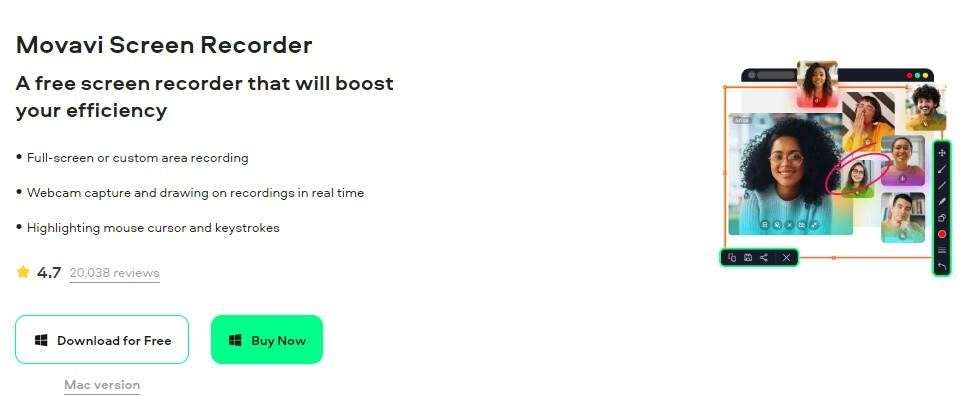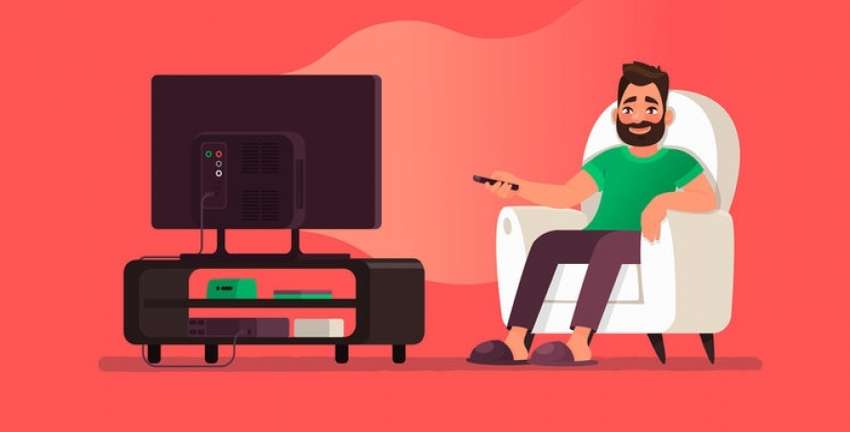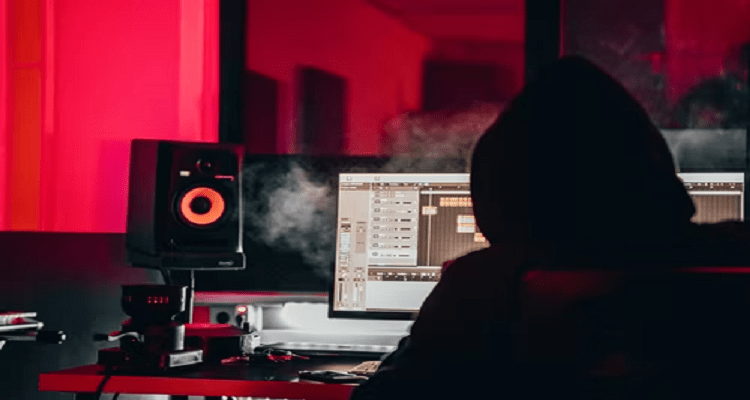Music is a language, and like any other language, it has its own rules. You can learn these rules to play the piano like a pro. So how do you go about learning them? It’s easy! Here are some tips for mastering this musical instrument.
Start Simple
Don’t expect to be playing notes right away. Start with the simplest songs possible, so that your fingers are familiar with their positions on the keys. It’s also important to understand what you’re playing. If you’ve never read sheet music before, check out this beginner’s guide to get started.
Also, playing the piano is a skill that’s best learned in stages. Learning the basics like scales and chords will help you understand how music is formed, and make technical stuff much easier to learn later on. So, take your time and don’t rush it!
Trying Different Pianos
If you think you can play well on a digital piano, wait until you try an acoustic. The keys are much heavier and more responsive, allowing for faster reaction time. You’ll need to press harder when playing certain songs, but it will make your skillset that much stronger in the end!
On the other hand, blues piano players have to learn how to master that real old-school sound, so maybe try an older piano for a while before deciding if you want to upgrade. To understand Blues Piano Scales: Important Blues Essentials, you need to learn the techniques first that make this style of playing possible. For example, to play the blues piano, you need to learn how to play basic blues rhythm, and blues chords.
Taking Lessons
If you’re not already taking lessons with a piano teacher, then now is the time to start. You’ll learn proper posture and hand placement from an expert. Plus, you will avoid any bad habits that will make learning harder in the long run. Lessons will be especially helpful when you start learning more advanced music.
A good teacher will help you understand the theory and technique behind playing the piano and what you’re actually supposed to do with your hands. A teacher can also give you personalized feedback and advice. Since they know the material better than anybody else, they can tell you exactly what areas you need to improve in and how you can go about doing it.
If you’re ever feeling stuck, your teacher should be able to help you get through it!
Find A Mentor
It’s always good to have somebody who knows more than you do to go to for advice and guidance, and finding a mentor in the piano world is no different. Check out forums, like Reddit’s r/Piano or the PianoWorld forums to meet other piano players. You can ask them for help, or just hang out and chat about your favorite song!
Listening is another way to learn – you’ll be surprised how many songs you can recognize from just a few notes! Find your favorite artists on Spotify and give their stuff a listen. Also, checking out their music videos on YouTube – helps to watch someone actually play so you know what you’re striving for!
Playing With Others
To truly master the piano, you need to practice playing it with other people. You will have to learn how to read others’ musical cues and follow along-not just play your own part.
Working with a band is another great way to hone your skills. Playing in a band is a great way to learn how to play in different styles, and it can also help you find your voice in the instrument.
A band will also give you more opportunities for gigs. If you’re just starting out in an area where there aren’t too many people who are good at playing piano, working with others is a great way to get feedback as one of the best ways to improve your playing. If there are other musicians in your area, see if they’re willing to jam with you.
Mastering The Shuffle
The “shuffle” is an essential part of playing the piano. It’s an offbeat groove that feels like something between a waltz and a jive, played by jazz pianists such as Louis Armstrong or Fats Waller. It’s used in all kinds of songs, like Elton John’s “Tiny Dancer” and Coldplay’s “Clocks.” If you can master this technique, it will make your playing more versatile.
The shuffle is sort of like riding a bike – you’ll get the hang of it after enough practice. In some cases, you’ll be able to pick up on the syncopated notes after figuring out the tempo or counting along with a song.
Figure Out Your Playing Style
What kind of music do you like? Do you want to play classical, be an awesome metal pianist, or just learn some pop hits? Are you interested in playing other instruments as well, or are your piano skills enough for now? Figure this out and you’ll be able to pick out songs that match your interests.
This is important because the style of music you like will dictate what kind of piano playing you should learn. For example, if you want to learn how to play jazz, then it would be best to take some lessons with a jazz pianist or study up on your jazz theory. The same goes with blues.
Evaluate Your Progress
If you don’t know where your skill levels are at, it’ll be hard to know how far you’ve come. For example, if you keep playing the same songs over and over again, it’ll make it easy to lose track of your progress. When you play a song that’s more difficult than what you usually work on, take note of how well you do.
Make sure not to get discouraged by your misses-just use them to figure out how you can improve. You’ll be able to see your mistakes, and then work on perfecting them! Also, set up a challenge for yourself to play a certain number of songs in a week, or a new one but with slightly more difficulty each time.
Learning to play the piano like a pro takes time and effort, but with the right tools and techniques, it’s definitely doable. By following these tips, you’ll be on your way to becoming a musical maestro in no time!
















